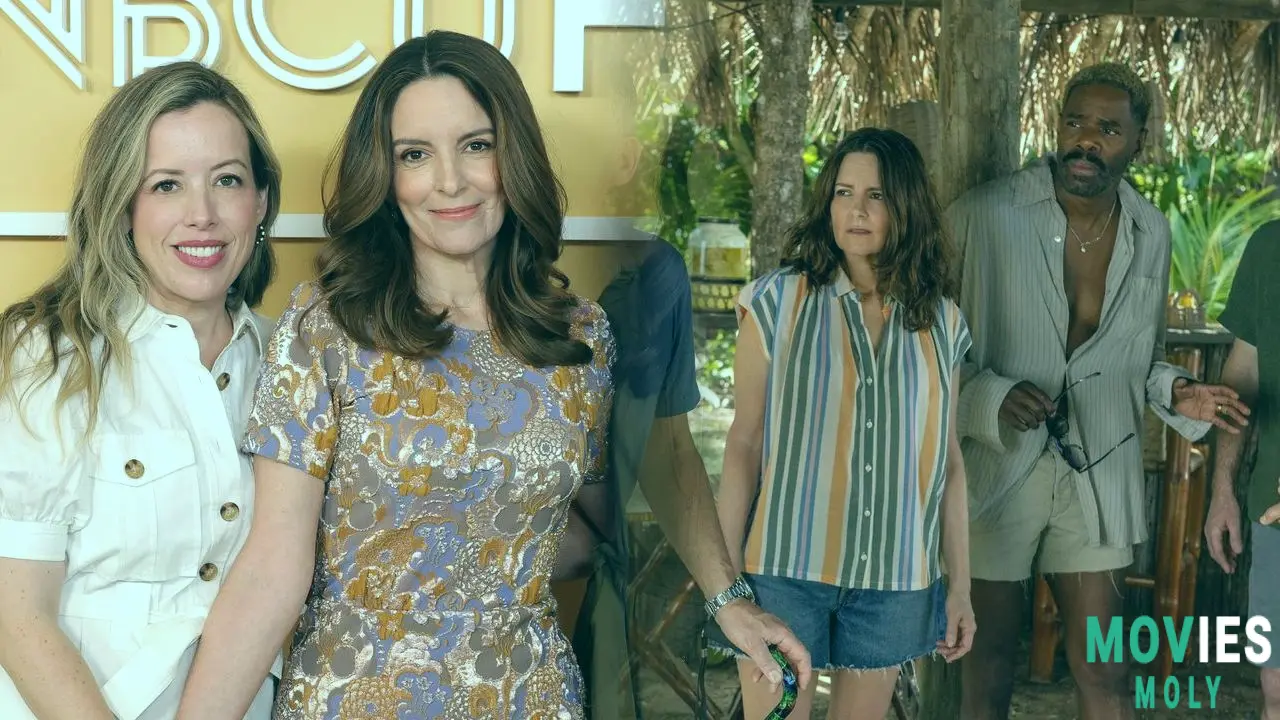When Alan Alda took the stage at the New York City premiere of Netflix’s The Four Seasons TV series, he didn’t just bring star power—he brought validation. The Hollywood legend’s heartfelt praise for Tina Fey, who created, wrote, and stars in the new comedic-drama reimagining of his 1981 film, was more than an endorsement. It was a passing of the torch. “Only she could have done it,” Alda said, and after watching the eight-episode season drop on Netflix, it’s hard to disagree.
Tina Fey transforms a romantic comedy classic into a modern emotional masterpieceFey’s The Four Seasons isn’t just a reboot—it’s a reinvention. Taking inspiration from Alda’s original film about three married couples navigating the emotional rollercoaster of relationships across four seasonal vacations, the series swaps married couples for a group of longtime friends. What remains is the heart of the story: connection, growth, and the inevitable messiness of love—both romantic and platonic.
Created alongside her 30 Rock alum collaborators Lang Fisher and Tracey Wigfield, Fey crafts a show that’s equal parts cozy and sharp, comfortable and probing. It’s a reflexive look at adulthood through the lens of friendship, with all the cracks and glitter that come with decades of shared history. And it lands like a warm hug—one that occasionally squeezes a little too tightly in the best way possible.
The ensemble cast turns vacation antics into profound relationship explorations
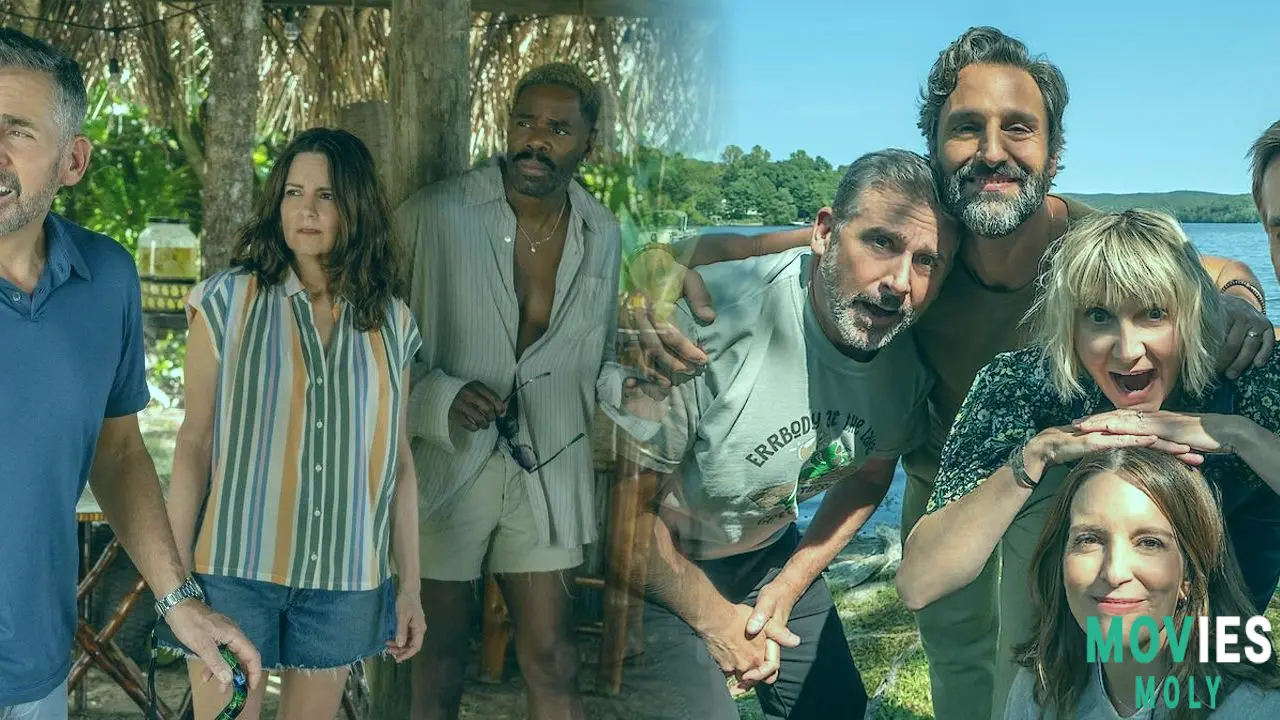
The brilliance of The Four Seasons lies in its cast. Fey, Will Forte, Steve Carell, Colman Domingo, Kerri Kenney-Silver, Marco Calvani, and Erika Henningsen form a troupe that effortlessly balances comedy with soul. Each actor brings layers to their character, turning what could have been tired rom-com tropes into fully realized human beings.
Fey and Forte’s Kate and Jack serve as the emotional anchor, mirroring the dynamic of Alda and Burnett’s original roles. Their chemistry is natural, seasoned by years of collaboration and comfort. Jack’s earnestness and Kate’s sharpness play off each other in ways that feel both familiar and freshly nuanced. They're the couple that thinks they're doing marriage better than everyone else—but the show lovingly pulls them down a peg when needed.
Carell’s Nick is a risky casting win. As a man drifting in his marriage to Anne (Kenney-Silver), Carell gives us a character we love to loathe—and somehow empathize with. It’s a testament to Carell’s range that he makes Nick’s flaws feel human rather than hateful. Anne’s quiet desperation and courage are given space to shine through Kenney-Silver’s understated performance, offering a rarely seen portrait of midlife marital crisis that hits hard without haunting the show’s overall warmth.
And then there’s Danny and Claude—Colman Domingo and Marco Calvani—whose gay relationship flips the original film’s gender dynamics and adds new layers to the group’s chemistry. Their dynamic is playful, complicated, and real. Domingo’s decision to direct an episode late in the season only deepens his connection to the material, pushing the cast into emotional spaces that sparkle precisely because they’re unguarded.
Only seeing characters on vacation creates a unique emotional pressure-cooker
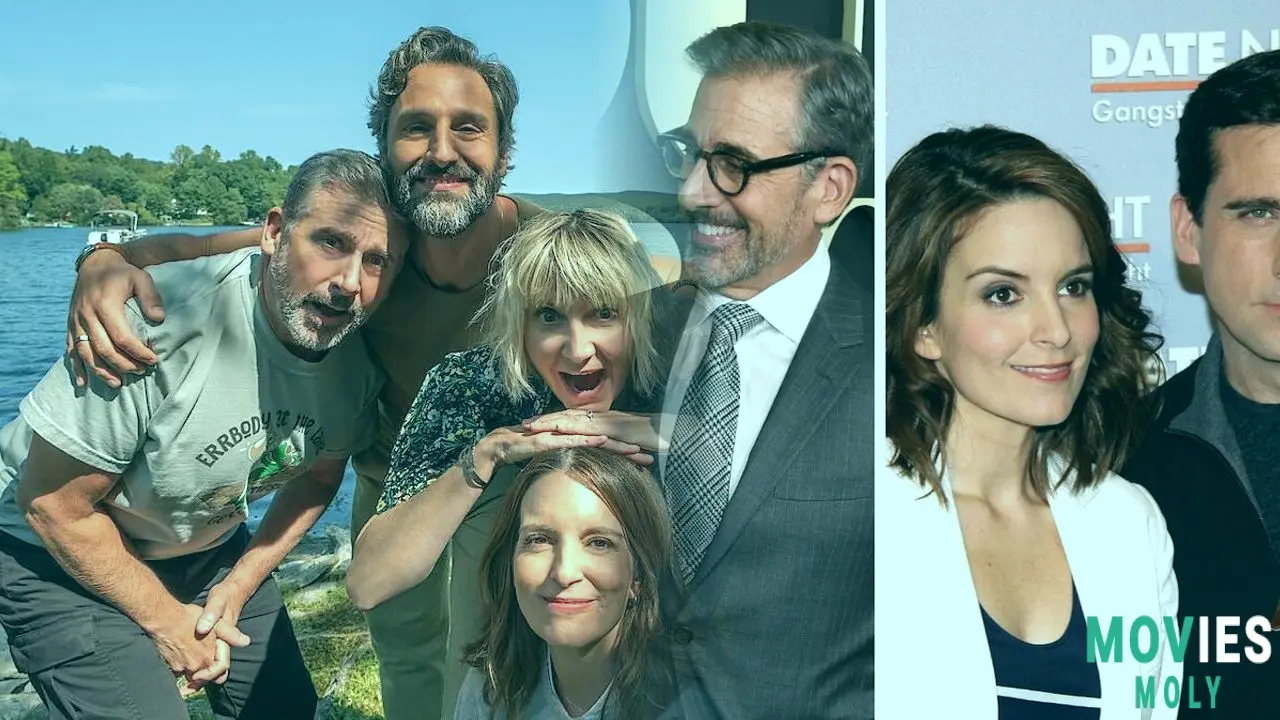
One of the smartest structural choices in the series is that we only see the friends while they’re on vacation. Nowhere else. No work. No home life. Just four getaways—one for each season. This creative constraint turns every interaction into a performance, a break from reality, or an emotional bomb waiting to detonate. It’s a clever way to mirror how people often only present curated versions of themselves when they're "away," and how that affects even the closest relationships.
It also isolates the group, forcing them to confront issues they might otherwise avoid. The show turns these picturesque escapes into emotional pressure-cookers, where laughter, jealousy, insecurity, and love all bubble to the surface in colorful, relatable ways.
The Four Seasons doesn’t just update a story—it honors it with love and insight
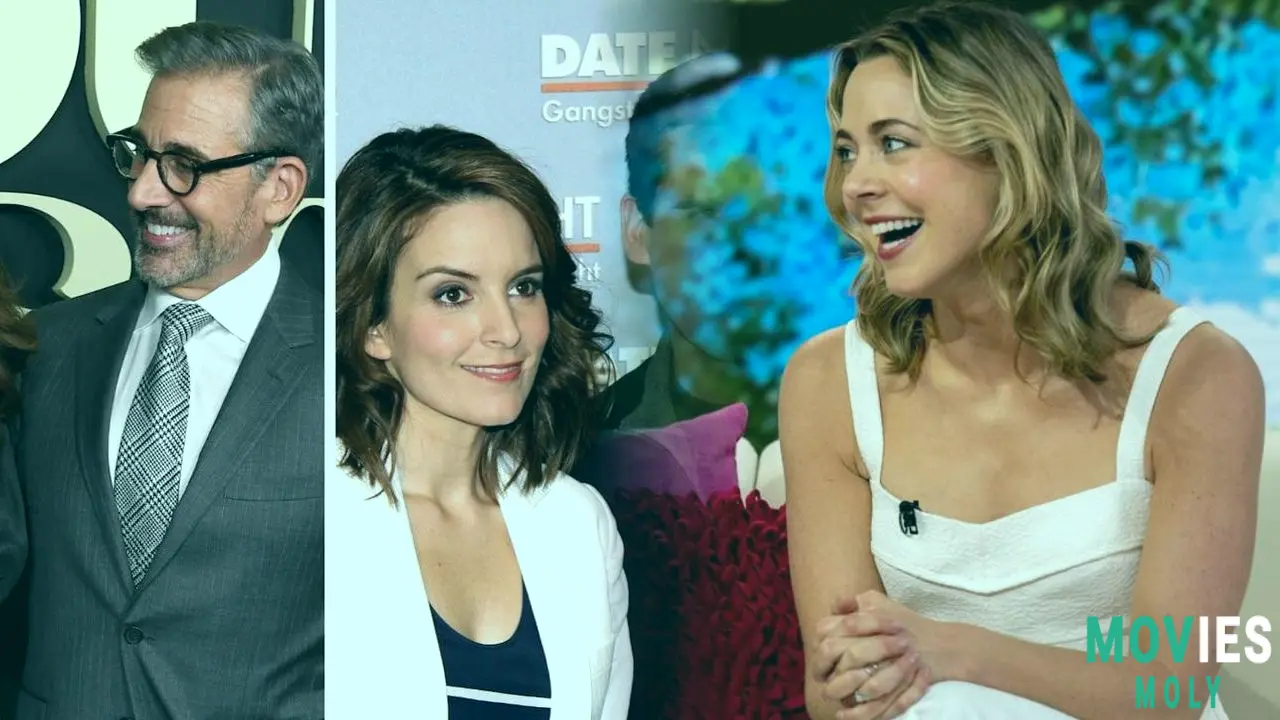
What makes The Four Seasons truly special is how deeply it respects its source material while making it its own. Fey’s long love for the original film—born from watching it repeatedly in the early cable days—translates into a series that’s both nostalgic and necessary. It’s about seeing your friends as people, not just roles you’ve filled in each other’s lives. It’s about realizing that platonic relationships need work, affection, and attention just as much as romantic ones.
And it’s about never underestimating the audience’s ability to feel multiple things at once: to laugh at a ridiculous prank and cry at a moment of quiet loneliness just a scene later. That emotional agility is where The Four Seasons soars.
Alan Alda’s blessing is more than a nod—it’s proof of the series’ lasting impact
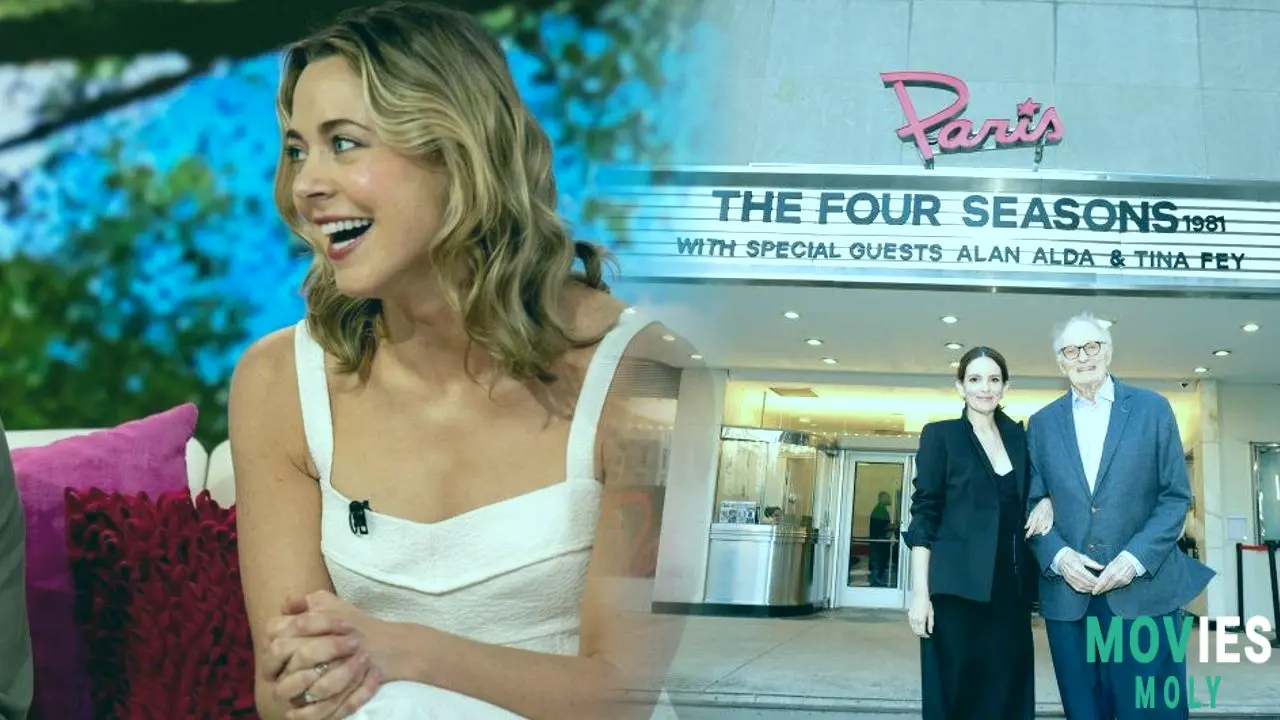
When Alda stepped into the premiere crowd and gave Fey and her team his unfiltered praise, it wasn’t just a moment of Hollywood reverence—it was validation from the original guardian of the material. He didn't just approve the adaptation; he felt honored by it. And that’s the most powerful compliment a remake can receive.
Alan Alda may have created the original The Four Seasons, but Tina Fey and her team have given it new life—one that’s sharper, gentler, funnier, and more emotionally honest than ever. This isn’t just a comfort series for middle-aged adults. It’s a love letter to every kind of relationship that keeps us through the seasons of our lives.
Available now on Netflix.

